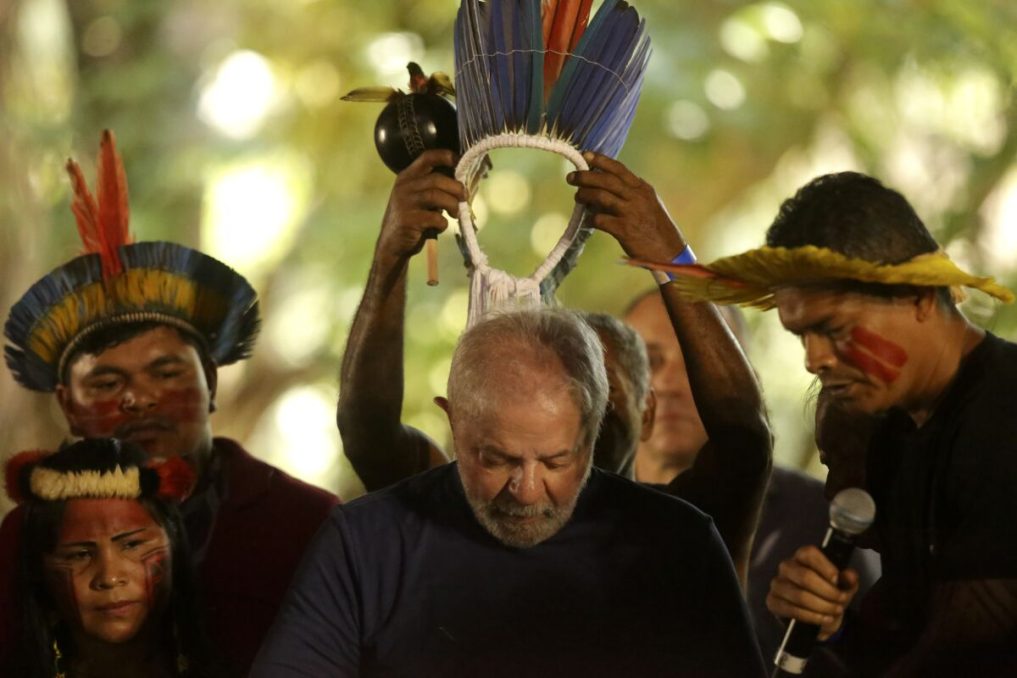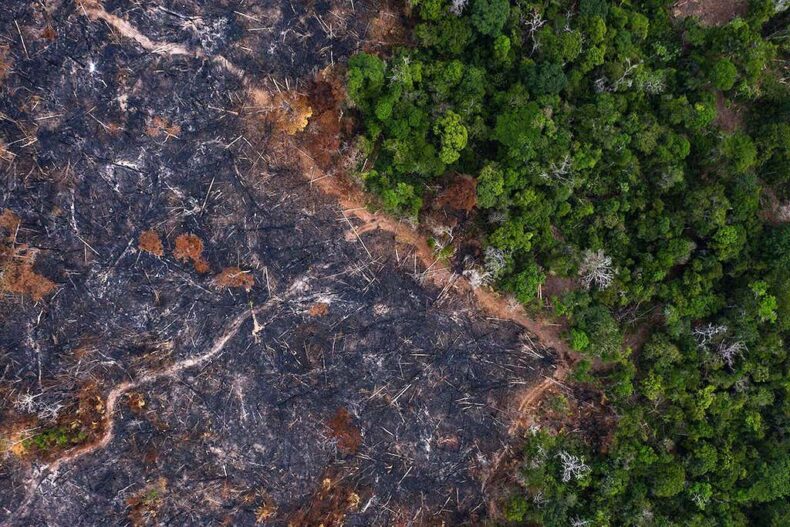Luiz Inacio Lula da Silva, Brazil’s President, along with other South American leaders begin talks in a summit to save the Amazon rainforest. The leaders are set to discuss measures to tackle deforestation as well as organised crime at the summit this week.
This round of talks marks the first of the Amazon Cooperation Treaty Organization summits since 2009. Seeking long-term development for the region is also on the agenda. The eight-nation group, set up in 1995 by the South American countries that share the Amazon basin: Bolivia, Brazil, Colombia, Ecuador, Guyana, Peru, Suriname, and Venezuela, are a part of the summit.
Why is it important to save the Amazon?
Twice the size of India, and stretched across eight countries and one territory, the Amazon rainforest is like the Earth’s lungs. It produces massive volumes of oxygen and keeps the environment balanced. It is a vital carbon sink for the climate and has immense biodiversity with around 16,000 tree species. The forest is home to about 20% of the world’s freshwater reserves.
However, historically the Amazon rainforest has been a site of colonisation and exploitation of resources as well as its indigenous communities. The incessant resource extraction, human rights violations, and environmental crimes have pushed South American countries towards an urgent collaboration to protect the world from the worst of climate change.

(Raimundo Pacco / Associated Press)
What agendas are lined up for the Amazon summit?
It has only been a few months since Brazilian President Lula da Silva came to power. In response to years of destruction and almost unbridled growth under his predecessor, Jair Bolsonaro, he pledged to reduce Amazon deforestation to zero by 2030.
Firstly, the summit will seek to formulate a common policy to protect the rainforest for the first time. Lula said that he has high hopes for a common policy for the “preservation, security, borders” of the Amazon.
Secondly, leaders are set to discuss measures to end deforestation and organised crime. They will also discuss the long-term development of the region. A joint declaration will likely define an agenda for the participating countries to follow over the next few years.
The goal of the summit, according to Brazil’s environment minister Marina Silva, is to create a scientific organisation to share research on the Amazon that is comparable to the United Nations Intergovernmental Panel on Climate Change (IPCC).
While staying independent of governments, the organisation would assist in developing policies for the Amazonian nations. It will monitor the impacts of climate change on the Amazon’s ecology, Silva said. According to Aljazeera, it would also try to determine the boundaries of what experts refer to as the “point of no return,” or the point at which the rainforest is irrevocably harmed.
A dilemma of competing priorities:
The main cause of deforestation in the Amazon region is cattle ranching. However, it is fueled by land-grabbing, corruption, and illegal trafficking of drugs, arms, and timber.
Brazil is the world’s number one beef and soy exporter. The destruction caused in order to sustain these industries has already wiped out one-fifth of the rainforest.
Environmental organisations are urging all eight nations to ratify Brazil’s commitment to end illegal deforestation by 2030, while authorities from the host nation have suggested that these negotiations may take longer.
On the other hand, Colombian President Gustavo Petro is pushing for the end to oil exploration in the region. This is a sensitive proposal for the oil rich counties of Venezuela and Brazil.
Brazilian Environment Minister Marina Silva said, that each nation has its unique dynamics and that they don’t operate by forcing one viewpoint on others. “It’s a consensual, progressive process”. She commended the initiatives of both the countries’ leaders.
The summit has set the stage for COP30 UN climate talks, which will be hosted by Belem in Brazil in 2025.













